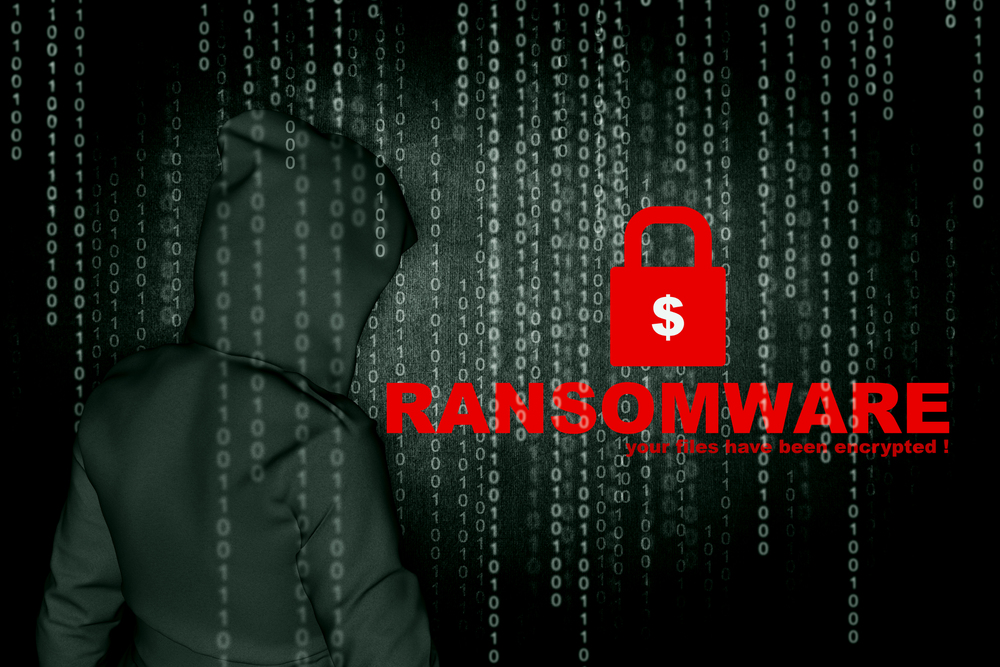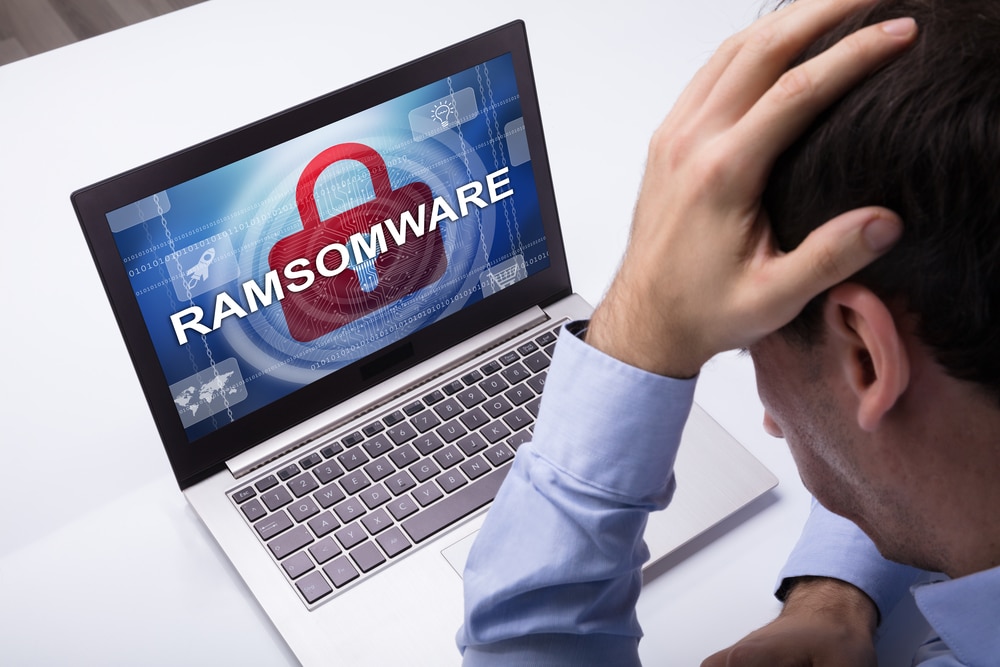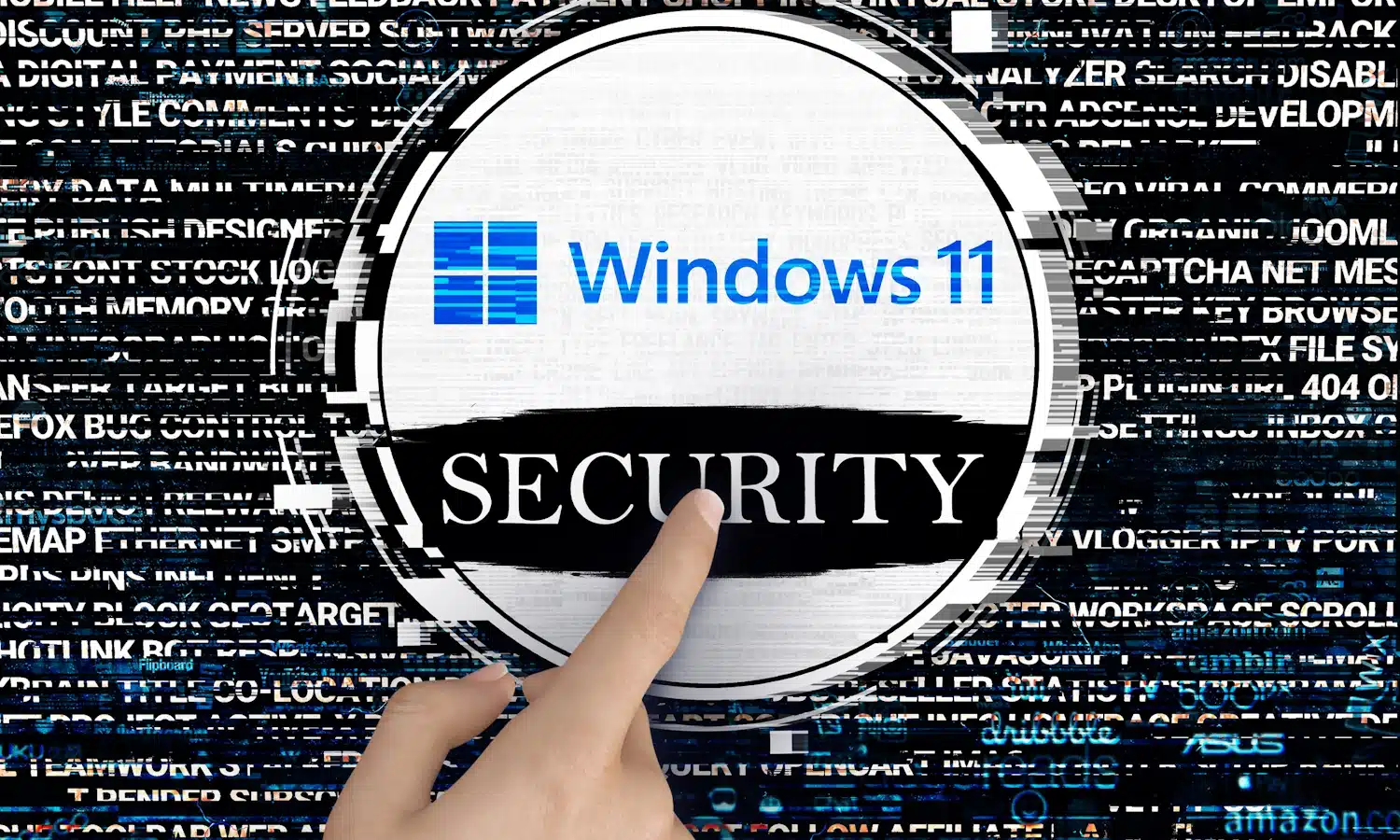
SMBs vulnerable to AI-powered cyberattacks and complacent about ransomware
A new report from Cork Protection looks at the security challenges facing small and medium-sized businesses (SMBs), backed up by comment from a range of industry leaders. Challenges include an asymmetric threat landscape, defined by the misuse of artificial intelligence and relentless exploitation of human vulnerabilities.
Among the findings are that AI-powered adversaries are launching automated, sophisticated campaigns at unprecedented scale. Also the financial fallout of a breach now extends far beyond ransom, often resulting in business-ending costs.

Ransomware attacks up over 120 percent in two years
Between April 2024 and March 2025, ransomware attacks escalated with unpredictable campaigns across a wide range of industries. The number of publicly disclosed victims also saw a 24 percent increase from the previous year.
A new report from Black Kite shows this follows a steep rise in the previous period with an 81 percent surge, amounting to a 123 percent increase over two years. Ransomware was responsible for 67 percent of known third-party breaches.

SMBs IT challenges: The quest for data-centric talent
Decision-makers are increasingly relying on data analytics to inform everything from market strategies to operational efficiencies. S&P Market Intelligence 451 Research’s global survey of 2,362 executives working at small- to medium-sized businesses (SMBs) cites a greater appreciation for the value of data among organizations that have historically tended not to invest as heavily in tools and platforms that maximize the business value of the data collected.
And while large enterprises continue to invest in technology and staff to glean data findings, small- to medium-sized businesses can struggle to extract the full value from their data investments. The root of this issue often lies in the composition of their IT teams. small- to medium-sized businesses frequently employ IT generalists who, while skilled in various aspects of technology, may lack the deep expertise required to manage data effectively. This gap in specialized knowledge can prevent businesses from fully leveraging their data assets.

SMBs are easy targets for cyberattacks
Despite cybersecurity threats being on the rise, many small and medium businesses (SMBs) still lack basic security measures, according to AI security company Cyber Upgrade.
It's no secret that hackers target smaller businesses due to inadequate cybersecurity safeguards, as most underestimate the associated risks as well as lacking the resources of larger enterprises.

BEC attacks are a big problem for SMBs
A new report from managed security platform Huntress shows that 64 percent of identity-focused incidents at SMBs in the third quarter of 2023 involved malicious forwarding or other malicious inbox rules, a key indicator of business email compromise (BEC).
Another 24 percent of identity-focused incidents involved logons from unusual or suspicious locations. Now favored as an intrusion vector, identity-based attacks are on the rise with threat actors targeting cloud services to steal identifying information or break into business emails.

90 percent of SMBs fear ransomware but 65 percent don't think they're a target
According to a new report, 90 percent of SMBs are extremely or somewhat concerned about a ransomware attack, yet 65 percent don't think or aren't sure that they're a ransomware target.
The latest Cybersecurity Global Ransomware Survey from OpenText show a similarity in how small-to-medium sized businesses (SMBs) and enterprises (more than 1,000 employees) think about ransomware attacks, including this disconnect about who is a target and growing concern about the use of AI by threat actors.

Microsoft boosts Windows 11 security with encrypted DNS server discovery and SMB encryption for outbound connections
With the release of the latest Canary build of Windows 11, Microsoft has introduced welcome new security options. The first gives administrators the option of requiring encryption of all outbound SMB client connections.
The second is the arrival of support for Discovery of Network-designated Resolvers (DNR) which allows for the automatic discovery of encrypted DNA servers. Eliminating the need for manual configuration is an ease-of-use move that makes adoption more likely.

Almost half of SMBs have experienced a cybersecurity incident in the last year
A new report from business software company Sage shows that 48 percent of SMBs have experienced a cyber security incident in the past year.
In addition the study of over 2,000 SMB decision makers around the world finds 51 percent say keeping on top of new threats is their biggest challenge and 44 percent say economic uncertainty and the cost of living has reduced cybersecurity budgets.

The state of SMB security
Headlines around the globe are typically focused on the big names and, more importantly, the big numbers when it comes to cyberattacks. From manufacturing to banking, education or healthcare, cyber incidents involving the loss of millions of records, or which have resulted in hefty fines are, inevitably, more likely to capture our attention.
Incidents involving a small firm of accountants whose data has been held to ransom, or a dentist’s practice that has been forced offline because of malware, may not reach the mainstream media but attacks on smaller businesses are happening with alarming regularity.

A third of SMBs dispose of old hardware in landfill
As growing businesses rush to upgrade their hardware, many are simply throwing old computers, routers, and other IT assets into the trash, leading to security and environmental concerns.
A new study from Capterra of 500 IT professionals at US small and midsize businesses (SMBs) reveals that nearly a third (29 percent) indulge in improper IT hardware disposal practices.

How small business owners can reassess their cybersecurity strategies during economic downturns
The economic headwinds are blowing, and that has a lot of people nervous, not the least of whom are small business (SMB) owners across the country. With talk of recession in the air, SMB owners and their investors are paying extra attention to their bottom lines to maintain efficiency and innovation while managing costs. In many cases budgets are being squeezed, body counts are being leveled or reduced, and programs thought to be outside the core function of the enterprise are being slashed. It is unfortunate, however, that cybersecurity is often among the programs on the chopping block as it is perceived to be a less-than-essential expense.
As a former (and current) small business owner whose previous business was decimated by a malicious cyber-attack, I can attest to the short-sightedness of the belief that cybersecurity is an add-on, not a must-have.

SMEs underestimate the cost of cyber incidents
A new report from cyber insurance provider Cowbell shows that 90 percent of small business leaders underestimate the cost of a cyber incident.
The study of 500 SME leaders across the US shows that 50 percent of SMEs have experienced a significant cyber incident in the past 12 months and, of those, 90 percent say the attack cost more than they anticipated.

Smaller businesses are ready to embrace AI
According to a new report, 61 percent of SMBs expect their AI usage to increase in the next year, and younger groups are more likely to incorporate AI into regular tasks.
The study from DigitalOcean also finds that while 70 percent have used ChatGPT in some capacity, it's still in the early testing stages and only nine percent of companies have policies in place concerning its usage. 62 percent of those using ChatGPT say they are just testing it out, with 23 percent integrating it into regular tasks.

The persistent accountant shortage sees firms struggling and SMBs turning to software as a savior
Within the last two years, droves of accountants and auditors across the U.S. have exited the financial field, severely limiting the services and expertise that accounting firms provide many small and midsize businesses (SMBs).
Unfortunately, America’s accountant shortage shows no signs of stopping, and many SMBs continue to face significant challenges when partnering with outside accounting firms. In fact, according to Capterra's Accounting Shortage Survey, 64 percent of SMBs are struggling to find outside firms that can handle their accounting and finance needs.

Smaller means safer as bigger businesses see more endpoint infections
Of businesses with between 21 and 100 protected endpoints, only five percent encountered a malware infection in 2022. For smaller firms with one to 20 endpoints, the rate is 6.4 percent, but as companies grow so do infections.
For businesses between 101 and -500 endpoints the rate rises to 58.7 percent and over 500 it's 85.8 percent. These findings are from a new report by OpenText Cybersecurity which looks at the latest threats and risks to the small and medium business (SMB) and consumer segments.
